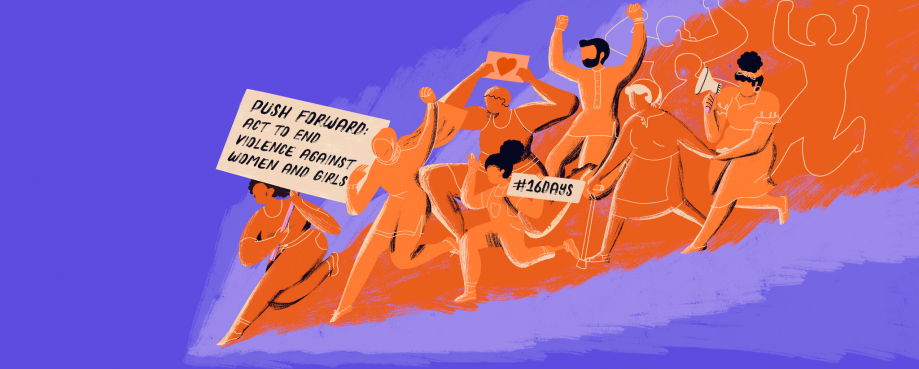
According to the ILO’s first global survey on violence and harassment, one in five persons has experienced some form of violence and harassment at work, including physical, psychological and sexual violence. Women in particular, report experiencing the latter significantly more than men. We can all agree that these are staggering statistics.
Likewise, the costs associated with violence and harassment in the world of work are well documented – physical and mental health issues for affected persons, lost productivity and wages, and in some cases, the end of one’s career. There are also costs for business in the form of higher absenteeism, turnover, reduced productivity, as well as legal and financial costs.
Despite this stark reality, there is still much to be done in tackling violence and harassment across workplaces, in particular gender-based violence, which is defined as violence and harassment directed at persons because of their sex or gender, or affecting persons of a particular sex or gender disproportionately.
As we approach the end this years 16 Days of Activism against gender-based violence , which runs from 25 November until 10 December, it is important to use this time to reflect on the gaps that still exist and reaffirm efforts to make meaningful progress.
Let us take the three pillars of the UN Guiding Principles on Business and Human Rights as a starting point - protect, respect and remedy. The unfortunate reality is that in many countries the legal frameworks to protect workers, in particular women, are still lacking. The ILO Convention 190 and its accompanying Recommendation 206, which is now the accepted standard to ensure every worker is protected from violence and harassment including gender-based violence, has been ratified by only 22 countries three years after it was officially agreed. This is not enough and many more need to follow suit. However, we should not just stop at ratification – there needs to be better enforcement of the rule of law and access to judicial and non-judicial forms of remedy for affected persons.
Businesses have a duty to respect human rights in their operations. Tackling violence and harassment continues to be a challenge, including identifying cases, protecting workers and providing remedy. We know that audits and other social compliance assessments fall short in detecting these types of risks and there is a need to go beyond audit and gather additional data, including worker interviews. For women in particular, reporting cases of gender-based violence is very rare due to fear of stigma, retaliation or termination of employment.
The good news is there are many useful resources and guidance for companies including diagnostic tools to assess the extent of the problem and examples of how others are working with their supply chain partners to educate workers and address workplace cultures that contribute to these practices. For example, ETI Bangladesh has been working with our corporate members who source garments from the country to establish and strengthen Sexual Harassment Complaints Committees in factories, as a safe and trusted grievance mechanism for workers to make complaints. The point is no matter the sector or industry, there is bound to be some guidance out there on this issue – we just need to look for it!
With ILO C190 coming into force in the UK by March 2023, tackling these issues is a top priority for us at ETI, as we work with our tripartite membership to find collective solutions to these complex issues. Preventing violence and harassment in the workplace is no easy task but it is not impossible either. One thing is for certain – meaningful progress will require a much more concerted and multifaceted approach that protects and respects the fundamental rights of all workers.
